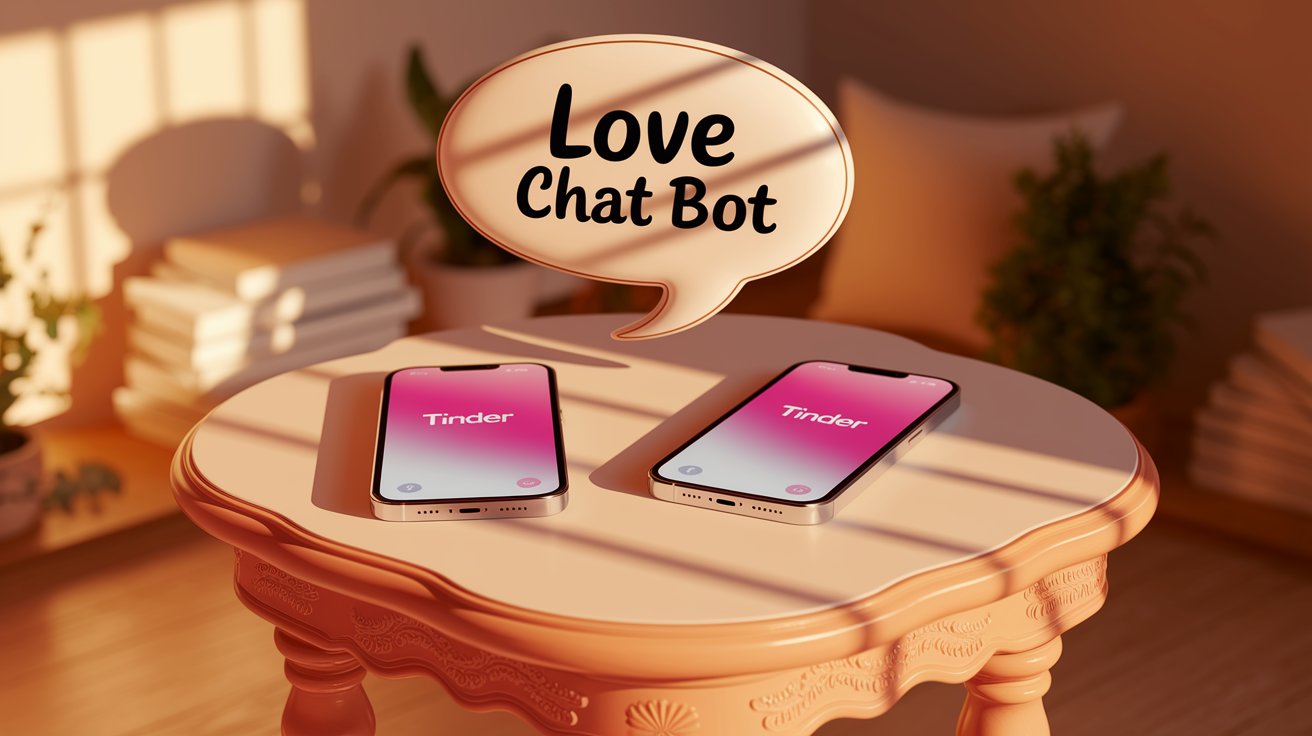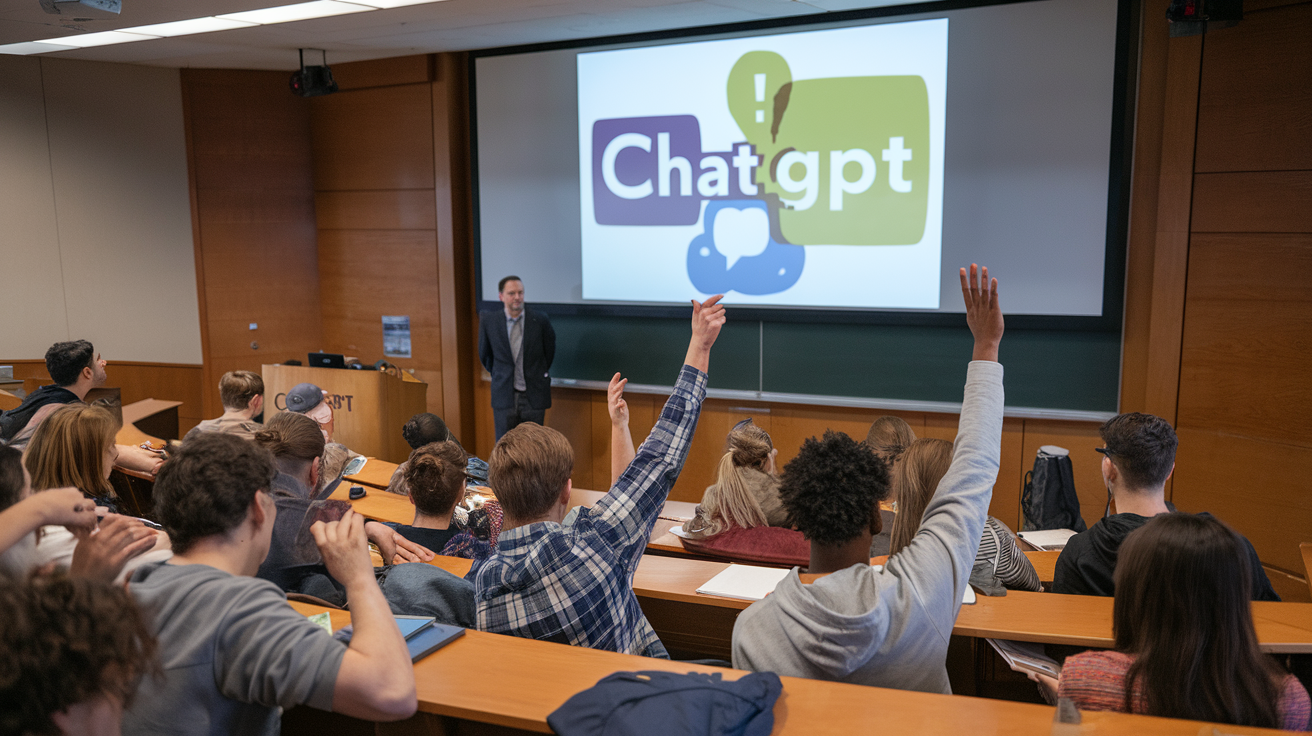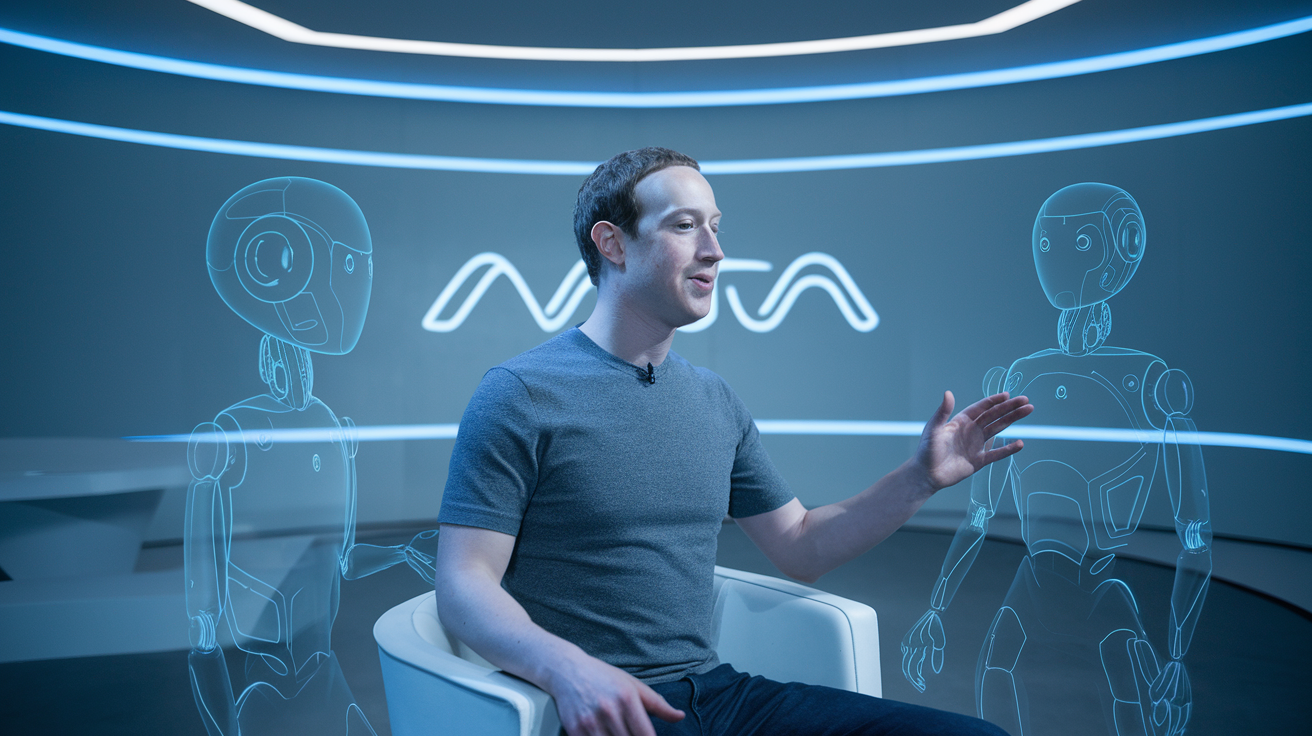
In a World Where Swiping Replaces Serendipity
And digital dates outnumber real-life meet-cutes, Tinder’s latest experiment feels less like a love revolution and more like a tech-fueled train wreck. The dating giant, grappling with “dating app burnout” and dwindling user engagement, has unleashed an AI-powered flirting simulator, dubbed “Game Game,” upon its unsuspecting users.
The premise? Flirt with AI characters in simulated scenarios, racking up points for “charming” banter and losing them for anything deemed “cheeky” or “quirky.” Sounds like a recipe for awkwardness? You bet.
My own foray into this digital dating dystopia involved a series of cringe-inducing encounters, most notably with an AI data analyst named Andrew, who apparently preferred wedding crashers to blend in rather than be teased. The app’s stern reprimand for my “disengagement” felt less like a playful nudge and more like a robotic judgment, a stark reminder of AI’s inability to grasp the nuances of human interaction.

Tinder claims “Game Game” is just for fun
A lighthearted attempt to help Gen Z navigate the treacherous waters of modern flirting. But the experience felt less like a game and more like a crash course in robotic social awkwardness. It replicated the worst aspects of dating – the confusion, the unclear expectations, the uncomfortable power dynamics – without a single spark of genuine human connection.
This isn’t just a Tinder problem. The rise of AI companions and AI-powered flirting tools raises serious questions about the future of intimacy. While Tinder assures us it’s just “campy fun,” the line between harmless entertainment and a concerning trend is blurring. With millions already forming deep emotional bonds with AI bots, the potential for digital relationships to replace real ones is becoming increasingly real.
Socially Anxious Generation to Forge Connects
The “Game Game,” launched on April Fools’ Day, reeks of a desperate attempt to grab headlines and boost traffic. But its limitations, like those of many AI tools, overshadow its novelty. As companies rush to integrate AI into every aspect of our lives, from search engines to shopping assistants, the question remains: are we adding value, or just adding to the digital noise says the Tinder‘s VP of Product, Growth, and Revenue, Hillary Paine and insists AI is the future of dating, a way to help a “socially anxious generation” forge “real connections.”

Conclusion: But after my robotic rendezvous with Andrew, I’m left wondering if Tinder and I are even speaking the same language. Real connections, it seems, are still best found in the messy, unpredictable world of human interaction, not in the sterile confines of an AI-generated flirting simulator.
LATEST
-
Students Cry Foul As Professor Trades Textbooks For ChatGPT
Imagine shelling out $8,000 for a college course, only to find out your professor…
-
Dark Matter Formation: Speed, Mass, and the Universe’s Secrets
What if everything we thought we knew about dark matter was wrong? While scientists…
-
Russia-Ukraine Peace Negotiations First time ever in 2025
In a historic diplomatic development, direct peace talks between Russia and Ukraine have begun…










